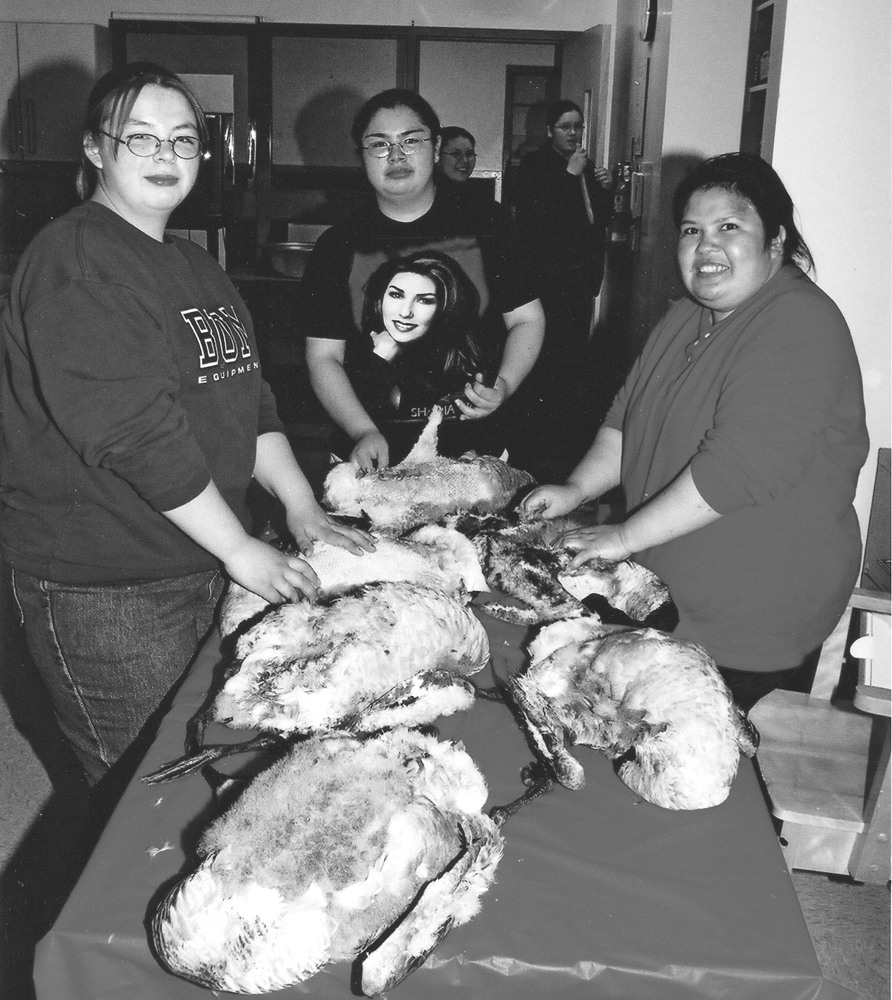
Avian flu is the talk of just about every media outlet and family dinner table these days. Yet with the all the buzz surrounding Avian flu or the particular strain that has everyone so concerned, H5N1, it’s hard to know what the facts are and even harder to assess what kind of threat this virus really is to Canadians.
Still, those who hunt fowl should take some precautions, says Aggie Adamczyk, spokesperson for the Public Health Agency of Canada.
“Persons who are handling wild birds should follow routine hand washing and safe food preparation practices,” said Adamczyk. That includes disinfecting surfaces, being careful to avoid cross contamination between other food products, keeping raw meet away from other food utensils and thoroughly cooking all wild birds prior to eating.
“We do not have H5N1 in Canada or North America yet but it may arrive here,” Adamczyk added, noting this virus has been unpredictable, appearing across Asia and Europe at different points. “If you see a dead bird, it’s probably not a good idea to handle it.”
The fear with H5N1 is largely that the virus will mutate into something larger like “pandemic influenza,” a virus that could be transmissible from human to human as opposed to bird to human. Says Adamczyk, “Nobody really knows if H5N1 will be the strain that will spark the pandemic but we will certainly be watching the situation closely. We do know that a small number of people, who have had close contact with poultry, got sick.”
Still, Adamczyk insists that if you are going to go hunting, you may want to have a look at the guidelines put out by the Canadian Wildlife Service’s National website. Among the tips for hunters:
• “Avoid direct contact (skin or mucous membranes of the eyes, nose, and mouth) with blood, faeces, and respiratory secretions of all wild birds.”
• “Do not eat, drink, or smoke while cleaning game.”
• “Ideally, wear dish gloves or latex gloves when cleaning game.”
• “Wash gloves, hands, and clothing with soap and warm water immediately once you have finished processing game.”
• “If you become ill while handling birds or shortly thereafter, see your doctor. Inform your doctor that you have been in contact with wild birds.”
• “For public health reasons, people who frequently handle wild birds should consider annual vaccinations against seasonal human influenza. This will not protect people from avian influenza, but it will reduce the likelihood of a person becoming infected with both human and avian influenza strains simultaneously. This reduces opportunities for viral reassortment and mutation that would allow a highly pathogenic avian influenza to become a highly pathogenic human influenza.”
The best strategy against both the virus and the hysteria surrounding the virus is to arm one’s self with knowledge. For those who would like to dig a little bit deeper into the subject matter, go to the Canadian Wildlife Service’s national website at: www.cws-scf.ec.gc.ca/nwrc-cnrf/default.asp?lang=en&n=FAD35B22.

